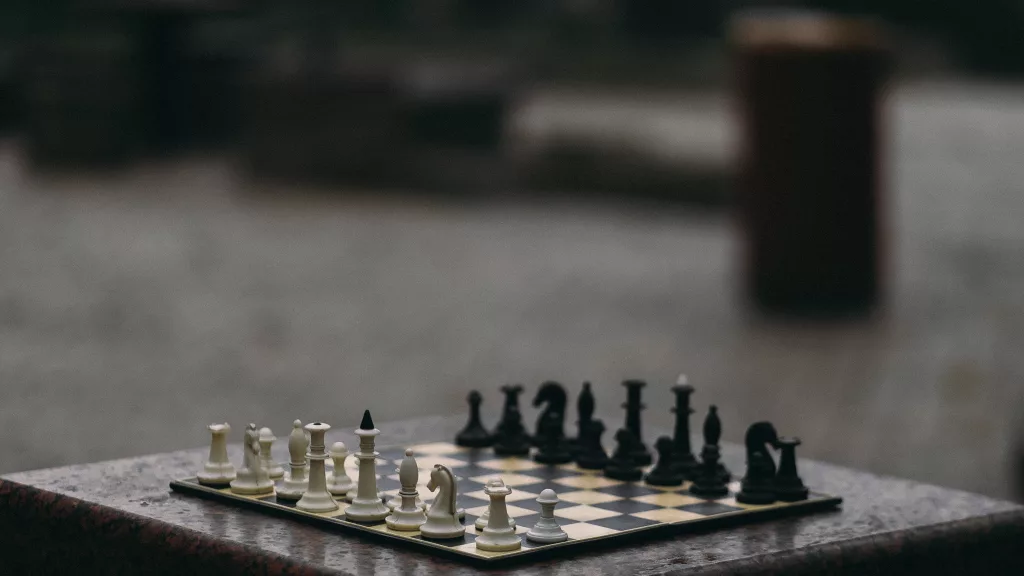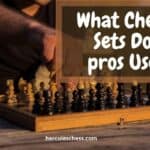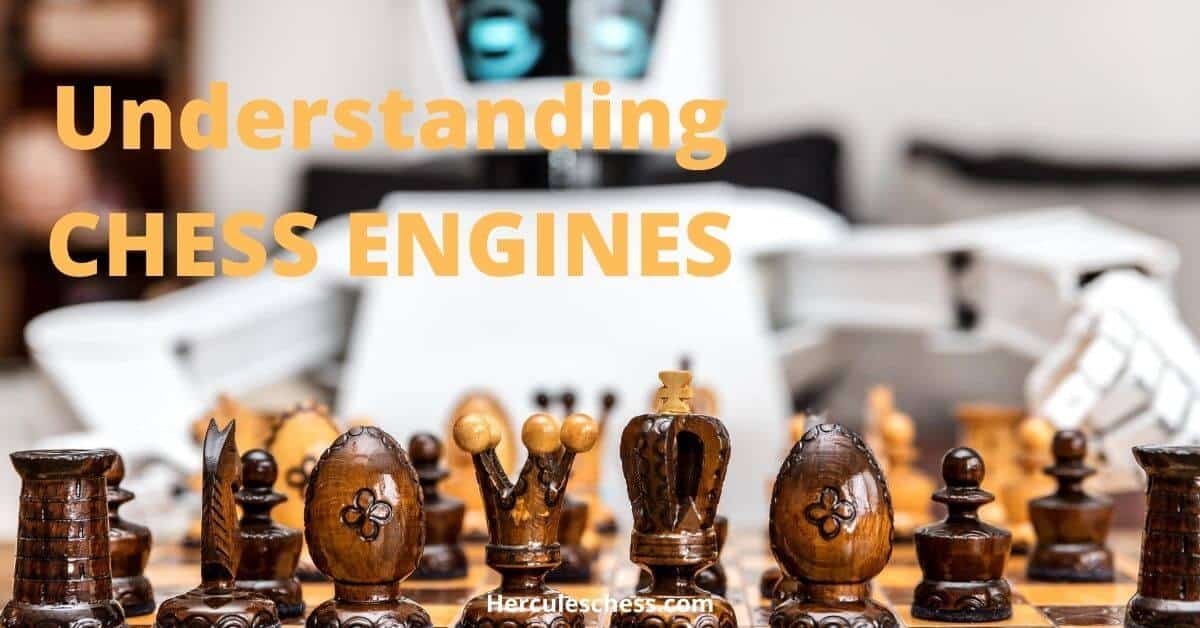The most powerful and effective piece on the chess board is nonetheless, the queen. The Queen hold the most value (a total of 9 points) on the chessboard because she can control up to a maximum of 26 squares.
The position of the queen is next to the king; the white queen starts off standing on a white square and the black queen on a black square. The queen is allowed to move in any direction and take as many moves as she likes. This makes her extremely powerful and fearful so it is extremely crucial that you safeguard your queen as much as possible and not allow any harm to come to her.
She can win you the game in no time, provided you use her to her full potential. The queen is a hybrid and has the diagonal power of the bishop and the straight-line attack of the rook. She does not move like the knight, which is her only drawback.
Why Is The Queen So Powerful?
The queen is so powerful because she can move in any direction in a straight line. This includes up, down, sideways and diagonally. And, as previously mentioned, she can control up to 26 squares from the center of the board . The queen is most powerful in the endgame and middlegame, but not so much in the opening.
The reason for this is because in the opening, the queen is often tossed around and valuable tempo is loss. In chess, tempo is related to the time taken to develop your pieces. Sometimes if you are not careful, you could lose your queen as early in the opening stage. Therefore, it’s best not to bring out your queen too early and instead focusing on developing your minor pieces and finish castle.
How Valuable Is Your Queen?
The queen is so valuable that if you lose it, the game is lost theoretically and you can just resign. On the contrary, you can still lose your queen and have just about a winning position. For example trading your queen for three minor pieces is an ideal strategy especially in the endgame.
If you have three minor pieces against your opponent single queen, you stand good chances of winning since your pieces can work harmoniously to achieve a specific goal. It would be harder for your opponent thou, since the queen really has no one to work with. Here are some scenarios when its okay to trade your queen:
- Trade your queen for 2 rooks
- Trade your queen for three minor pieces (minor pieces are simply bishops and knights)
- Sacrifice your queen for a concrete mating attack
For more information about the power of the queen, See how does the queen move in chess?






